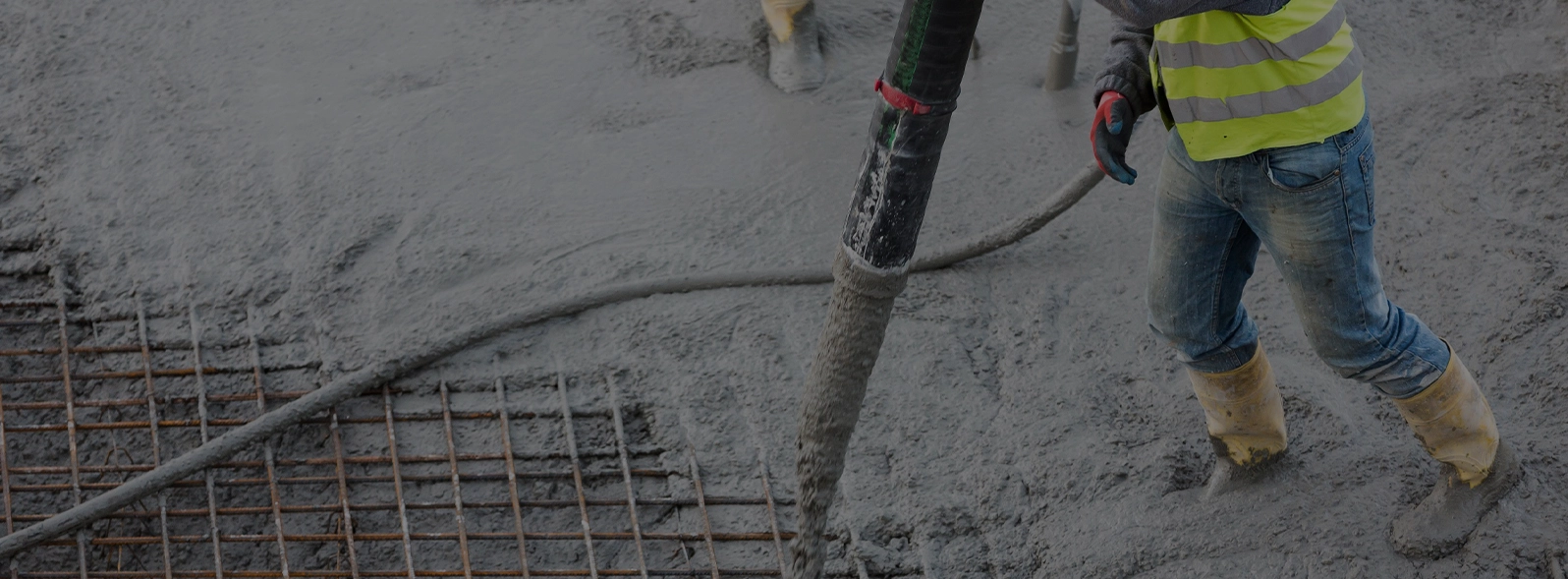If you have industry experience but lack a formal qualification, becoming a licensed concreter may be the perfect opportunity to turn your hard work and knowledge into an officially recognised certificate.
Career Opportunities for Concreters
Whether you’ve been laying concrete slabs and footpaths, or pouring driveways and patios, working as a licensed concreter brings with it an array of potential career opportunities. From commercial to residential work, your licence enables you to work on a wide range of projects that involve the use of concrete and other related materials.
With so much potential for growth and success, becoming a licensed concreter can be the perfect move for someone with experience in the industry.
Why Become Licensed?
Apart from the increased job opportunities, there are other benefits to getting a concreting licence. For starters, it gives you a competitive edge over non-licensed concreters, making you more desirable to employers and clients alike. It also proves your competency and expertise in the field, instilling trust and confidence in potential clients.
Being licensed also opens up the door to a range of opportunities for concreters. As a licensed concreter, you can start your own business or work for a range of companies, including builders, contractors, and construction companies. You can also work in various roles, such as site supervisor or project manager.
Having a licence protects both you and your clients by ensuring that you meet all the necessary safety and quality standards. It’s a way of establishing credibility and professionalism in the industry, which can lead to more significant projects and higher pay.
How to Become a Licensed Concreter in Australia
In order to become a licensed concreter in Australia you’ll need extensive hands-on work experience in the field. Once you have that experience under your belt, you’ll need to complete a formal qualification from an accredited provider that meets the relevant State/Territory requirements for licensing.
Certificate III in Concreting – CPC30320
The Certificate III in Concreting – CPC30320 awarded by Construction Trades College (RTO:40250)is the industry specific qualification that you’ll need to become a licensed concreter in certain states. It covers a range of skills and knowledge required for professional concreting work, such as preparing surfaces and how to operate various tools and equipment. You will also learn the fundamentals of subgrade preparation, basic formwork installation, fining, grouting, curing and finishing concrete structures.
Get qualified through RPL
If you already have experience in this industry but lack the formal qualification, Recognition of Prior Learning (RPL) may be an option worth exploring. RPL is a process that reviews and assesses your existing skills and knowledge against the criteria of the Certificate III in Concreting – CPC30320. With RPL, you can get credit for what you already know and fast-track your way to becoming a licensed concreter.
At Skills Certified, our RPL process is designed to be efficient and straightforward, allowing experienced workers to achieve formal qualifications with ease. Our team of experienced staff will guide you through the process, and make sure that your skills and knowledge are properly checked against the relevant qualifications.
We’ll check your skills against the units of competency within the qualification, match you with a partner RTO who can provide you with a nationally recognised qualification, and process all the paperwork for you. We’ll also help you gather your evidence of prior learning, ensuring that you provide all the necessary documentation for a successful assessment. With our help, you can get qualified quickly and easily, with minimal disruption to your work or lifestyle commitments.
Ready to take the next step in your concreting career? Start with our FREE 60 seconds skills check and find out if you’re eligible for RPL.
















